Oracle PL/SQL Best Practices. Optimizing Oracle Code Steven Feuerstein
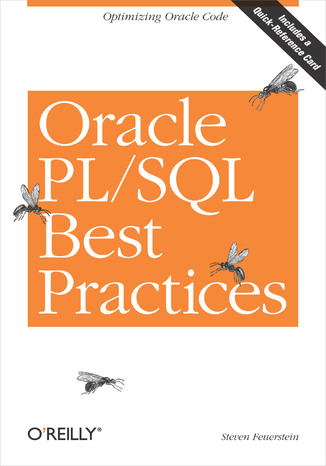



- Autor:
- Steven Feuerstein
- Wydawnictwo:
- O'Reilly Media
- Ocena:
- Stron:
- 208
- Dostępne formaty:
-
ePubMobi
Opis
książki
:
Oracle PL/SQL Best Practices. Optimizing Oracle Code
In this book, Steven Feuerstein, widely recognized as one of the world's experts on the Oracle PL/SQL language, distills his many years of programming, writing, and teaching about PL/SQL into a set of PL/SQL language "best practices"--rules for writing code that is readable, maintainable, and efficient. Too often, developers focus on simply writing programs that run without errors--and ignore the impact of poorly written code upon both system performance and their ability (and their colleagues' ability) to maintain that code over time.Oracle PL/SQL Best Practices is a concise, easy-to-use reference to Feuerstein's recommendations for excellent PL/SQL coding. It answers the kinds of questions PL/SQL developers most frequently ask about their code:
- How should I format my code?
- What naming conventions, if any, should I use?
- How can I write my packages so they can be more easily maintained?
- What is the most efficient way to query information from the database?
- How can I get all the developers on my team to handle errors the same way?
Wybrane bestsellery
Steven Feuerstein - pozostałe książki
O'Reilly Media - inne książki
Dzięki opcji "Druk na żądanie" do sprzedaży wracają tytuły Grupy Helion, które cieszyły sie dużym zainteresowaniem, a których nakład został wyprzedany.
Dla naszych Czytelników wydrukowaliśmy dodatkową pulę egzemplarzy w technice druku cyfrowego.
Co powinieneś wiedzieć o usłudze "Druk na żądanie":
- usługa obejmuje tylko widoczną poniżej listę tytułów, którą na bieżąco aktualizujemy;
- cena książki może być wyższa od początkowej ceny detalicznej, co jest spowodowane kosztami druku cyfrowego (wyższymi niż koszty tradycyjnego druku offsetowego). Obowiązująca cena jest zawsze podawana na stronie WWW książki;
- zawartość książki wraz z dodatkami (płyta CD, DVD) odpowiada jej pierwotnemu wydaniu i jest w pełni komplementarna;
- usługa nie obejmuje książek w kolorze.
Masz pytanie o konkretny tytuł? Napisz do nas: sklep@helion.pl
Książka drukowana


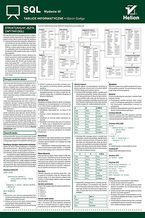


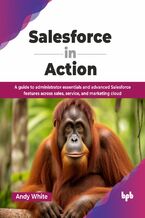
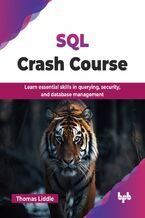
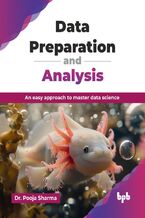
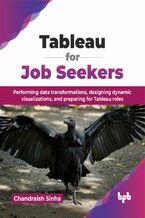
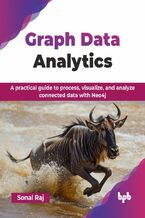
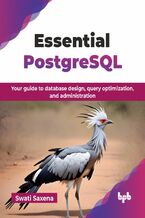
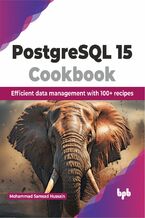
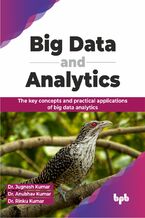
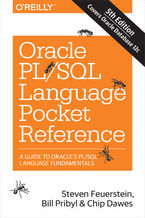
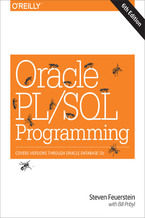
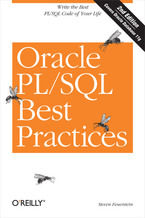

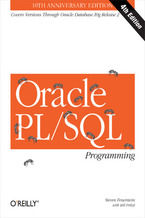
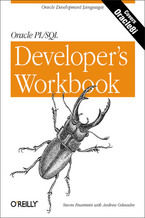
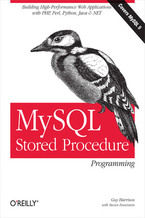





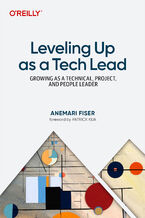
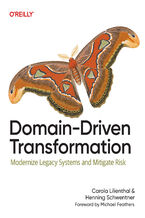
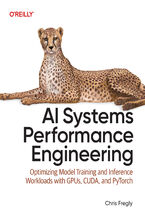

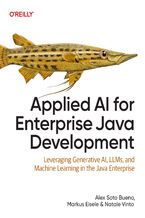
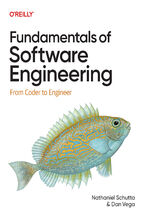
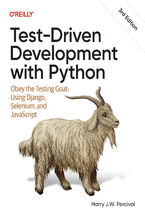
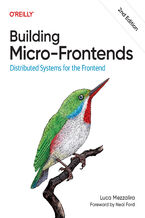
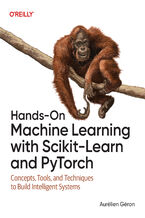




Oceny i opinie klientów: Oracle PL/SQL Best Practices. Optimizing Oracle Code Steven Feuerstein
(0)